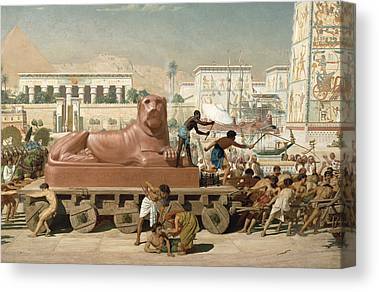The term "Egyptian Empire" is not historically accurate. Egypt, located in northeastern Africa, had several powerful ancient civilizations throughout its history, but it did not have a unified empire in the same sense as the
However, Egypt did have several notable periods of political and cultural expansion and dominance. The most well-known is the Ancient Egyptian civilization, which lasted for thousands of years, from around 3100 BCE to 30 BCE. During this time, Egypt was ruled by a succession of pharaohs and saw the construction of iconic structures like the Great Pyramids of Giza and the Sphinx. It also had significant influence over neighboring regions and engaged in military campaigns to assert its power.
One of the most powerful periods of ancient Egypt was the New Kingdom (1550-1077 BCE), also known as the Egyptian Empire by some historians. It was characterized by a period of political stability, territorial expansion, and the establishment of Egypt as a major power in the ancient Near East. The New Kingdom saw the reigns of pharaohs like Thutmose III, Hatshepsut, Amenhotep III, Akhenaten, and Ramses II. Egypt reached its territorial zenith during the reign of Ramses II, who conducted military campaigns into Syria and the Levant.
It's important to note that while Egypt had periods of influence and expansion, it did not have the same extent of territorial control or administration as some other empires throughout history. The Egyptian civilization was primarily centered around the Nile River and its delta, and while it had cultural and economic influence over neighboring regions, it did not have long-lasting control over vast territories beyond its immediate borders.
In summary, while Egypt did not have a unified "Egyptian Empire" throughout its history, it did have periods of political and cultural expansion, most notably during the New Kingdom period.




No comments yet
Be the first to share your thoughts!